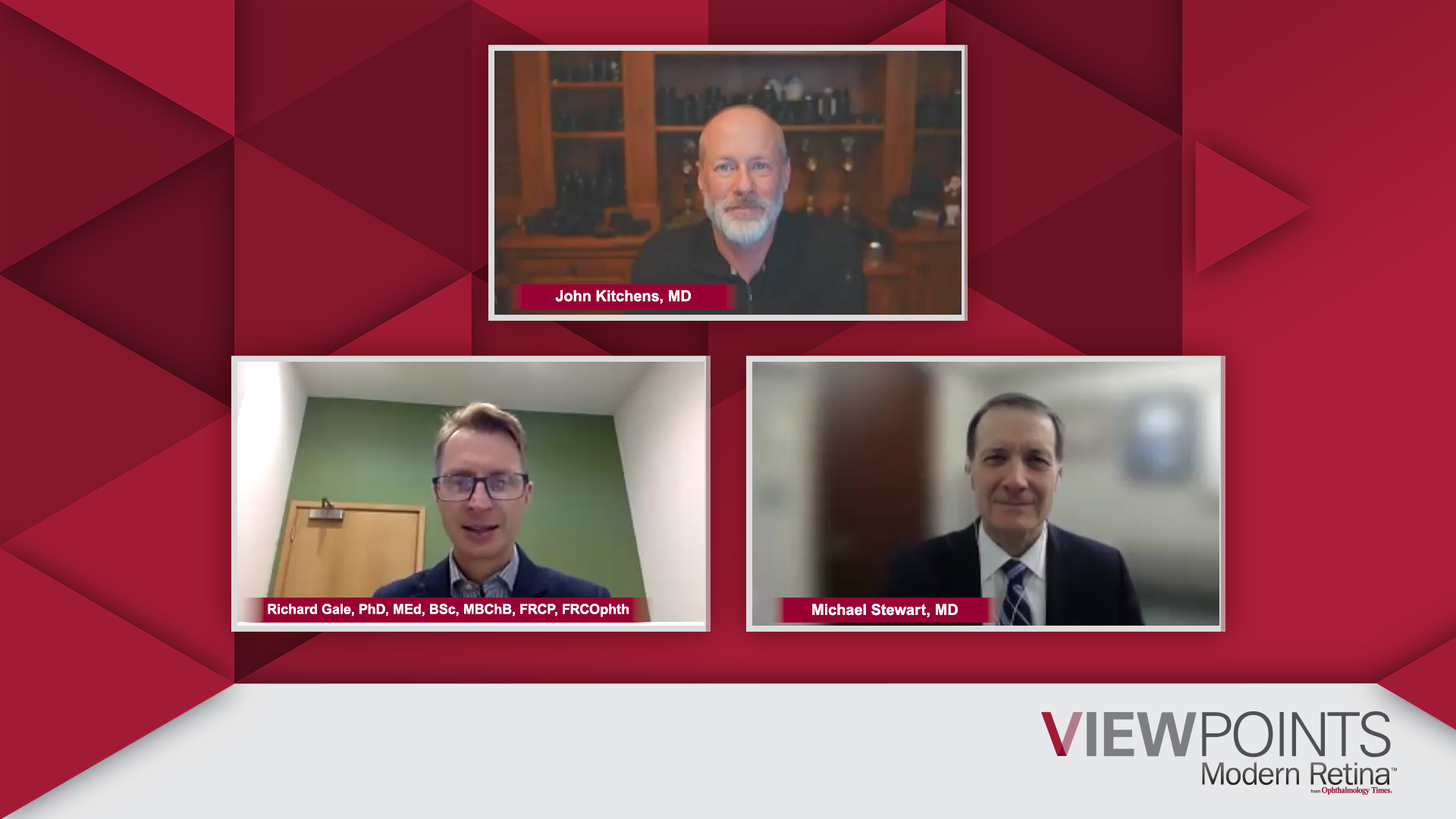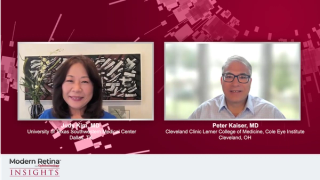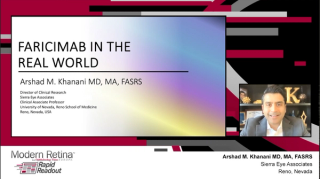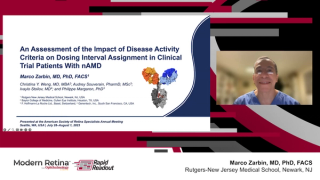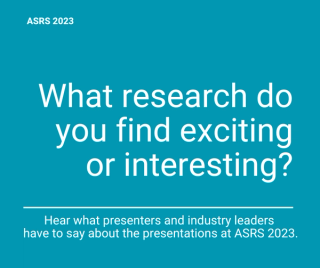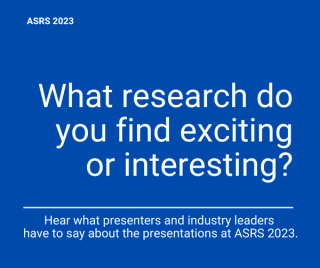
AMD
Latest News
Latest Videos

CME Content
More News

The 36-week trial was a randomized, double-masked, parallel-group, active-controlled, multicenter evaluating CLS-AX (axitinib injectable suspension) in participants with neovascular age-related macular degeneration.


PRISM evaluates 4D-150, a potential backbone therapy designed to provide multi-year sustained delivery of anti-VEGF (aflibercept and anti-VEGF-C) from the retina with a single, safe, intravitreal injection.

Results were published from the phase 3 QUASAR trial and the extension study of the phase 3 PULSAR trial.

Panelists discuss how both medications demonstrate favorable safety profiles in clinical trials, with aflibercept 8 mg benefiting from extensive 2-mg safety data, while acknowledging the need to monitor intraocular pressure due to increased injection volume, particularly in at-risk patients.

Panelists discuss how faricimab’s dual inhibition of Ang-2 provides additional benefits in vascular stability and inflammation reduction beyond VEGF-A suppression alone, potentially leading to improved durability and treatment outcomes in selected patients.

The implant was tested in eyes of patients with bilateral age-related macular degeneration who underwent cataract surgery


The data will be presented virtually at Angiogenesis, Exudation, and Degeneration 2025 on February 8 and February 10, 2025.

Results from the study assisted Notal Vision in receiving De Novo authorization from the US FDA for the SCANLY Home OCT in 2024.

The company offers year-round educational services on the conditions, using this month in particular to guide patients to needed resources.

Panelists discuss how faricimab’s bispecific antibody design uniquely targets both VEGF-A and Ang-2 pathways, addressing the complementary role of Ang-2 in vascular destabilization and inflammation in retinal diseases.

Panelists discuss how ideal candidates for aflibercept 8 mg include patients with stable disease on current anti-VEGF therapy who seek reduced treatment burden, newly diagnosed patients, and those demonstrating good response to initial loading doses.

The scientific outputs from MACUSTAR’s study could impact more than 200 million patients with AMD globally

Panelists discuss how the phase 3 PULSAR and PHOTON trials demonstrated the efficacy of aflibercept 8 mg through a design comparing 12- and 16-week dosing intervals to the aflibercept 2 mg standard 8-week dosing, with primary end points assessing noninferiority in visual acuity maintenance.

Home-stored anti-VEGF drugs face risks from temperature changes, pointing to a need to protect efficacy and avoid dangerous contamination.

The trial evaluated ONS-5010 in wet age-related macular degeneration patients, and the company plans to resubmit a Biologics License Application in the first quarter of 2025.

Significance of the Higher Molar Dose of Aflibercept 8 mg
Panelists discuss how the aflibercept 8 mg higher molecular concentration enables extended durability through increased VEGF binding capacity and longer intraocular drug levels, potentially allowing for less frequent dosing while maintaining efficacy.
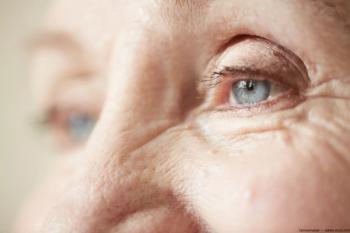
The company's lead product candidate Duravyu (vorolanib intravitreal insert), f/k/a EYP-1901, is anticipating topline data from several clinical trials in 2026.

InflammX’s pipeline includes an orally dosed therapeutic candidate targeting intermediate age-related macular degeneration.
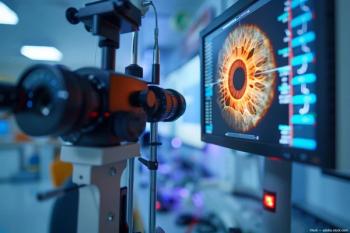
The retrospective SING IMT study included 35 patients (55 years or older) with late-stage age-related macular degeneration (AMD).

Previously, Teva was established as the European commercialisation partner of FYB201, Formycon's biosimilar to ranibizumab (Lucentis).


Panelists discuss how aflibercept 8 mg demonstrates improved durability and maintenance of visual gains compared with 2-mg dosing, potentially reducing treatment burden while maintaining a similar safety profile.

The collaboration between KIST and Huons BioPharma will span 14 months.


